Critics Attack Crashes, Poor ‘Decisions’ by Vehicles
Self-driving cars are coming, according to several tech companies, but will it be two years or five or 10? The issues around the technology, ethics and unforeseen issues with AI decisionmaking lead skeptics to predict the latter, rather than the former.
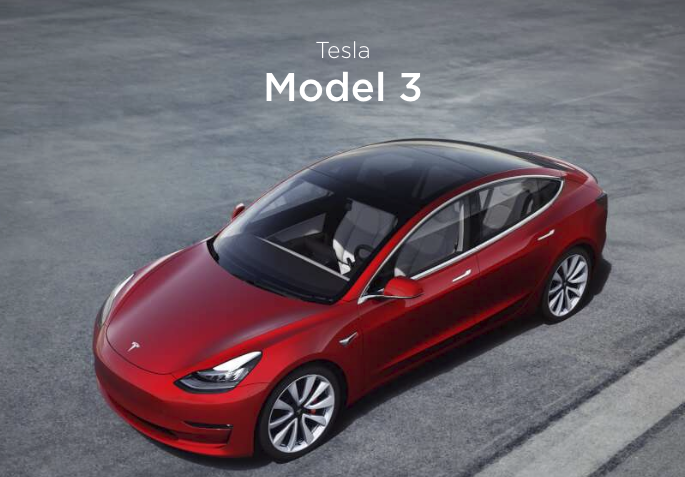
Tesla’s Model 3 may be among the first to be mostly autonomous because of its advanced self-driving chip.
Uber’s self-crashing car alarmed tech experts last March when it ran over a pedestrian in Tempe, AZ. The car had plenty of time to stop, but didn’t. A human monitor wasn’t paying attention and may have been watching a TV show on YouTube when it happened. The technology failed spectacularly, and the company has been working on fixing it since. The accident also brought awareness of the lack of regulations on these experimental vehicles and revived a call for requiring two monitors, instead of just one.
On February 2, 2019, the Arizona Republic reported that the City of Tempe is being sued by the Uber victim’s survivors for $10 million in the woman’s death for paving the median on Mill Avenue where the accident occurred with “a brick pathway cutting through the desert landscaping that is clearly designed to accommodate people to cross at the site of the accident.” Tempe has since removed the bricks and replaced them with plants. Uber already settled with the family for an undisclosed amount.
Waymo, too, admitted problems with the LIDAR in its self-driving taxis and cannot operate them in poor weather conditions. A Waymo car crashed last June in Mountain View, CA when its human driver fell asleep.
Deborah Hersman, CEO of the Itasca, Illinois-based National Safety Council, told NBC News that human drivers aren’t perfect because they drive tired, impaired by alcohol or drugs and can be distracted, but robot cars right now are just as problematic.
Hersman cites “inconsistent standards, ineffective oversight, lack of consumer education, and overreliance on automation” as reasons to be wary of putting the cars on the road.
The Frank Stanton Director of the Center for Health at Harvard T.H. Chan School of Public Health, Jay A. Winsten, said the center hosted a panel discussion on the issues. The event video, “Self-Driving Cars: Pros and Cons for the Public Health,” laid out the key issues on the risks and benefits.
The LA Times recently ran a story about how a movement against the cars has begun, citing an Arizona Republic article about how people have attacked the Waymo self-driving by throwing rocks at them, slashing tires and by running them off the road. The story also cited a poll by the Automobile Club of America that found more than seven in 10 were too afraid to ride in a self-driving car, and a recent Gallup poll found that 52% of Americans said they would never want to use a driverless car.
Congress considered a bill to reduce state safety standards as part of a spending bill, but Senate Democrats objected to the AV START Act.
“If self-driving cars are going to revolutionize transportation, states and cities shouldn’t be deprived of their ability to keep people safe during that transformation, especially since it could be decades before new federal safety standards are written,” Sen. Dianne Feinstein said at the time.
The highly automated vehicles, known as “HAVs,” have the benefit of being capable of driving blind and disabled people, but have the drawback of giving algorithms control over life-and-death decisions, according to the story. Systems that can be hacked is another concern of critics.
A panel discussion by tech experts led by Fortune magazine in January at the Consumer Electronics Show also led to a mixed bag of views on autonomous cars and the prediction that they won’t be here as soon as the carmakers would lead you to believe. The discussion, however, circled around other impacts.
“Scott Corwin, managing director of Deloitte Consulting, for example, envisions a mobility operating system that allows cities to offer one electronic fare to passengers traveling by car, taxi, scooter, bicycle, and other vehicles. Karen Francis, a former auto executive who sits on the board of several Silicon Valley transportation startups, figures the young talent flooding into the automotive sector via the technology industry promises great things. Tom Wilson, CEO of insurer Allstate, is busily planning for the day when insurance will be charged by how people drive–not how insurers think they’ll drive,” the Fortune story said.
Tesla is betting that its technology will outperform other car companies, using a proprietary AI chip called “neural net accelerator” to enable full autonomous driving capabilities. The results of the hardware upgrade remain to be seen. CEO Elon Musk bragged about the enhanced autonomous capabilities to come in a memo to employees last December.

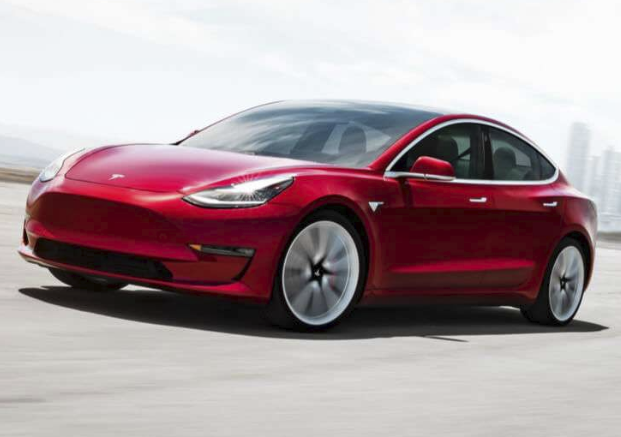
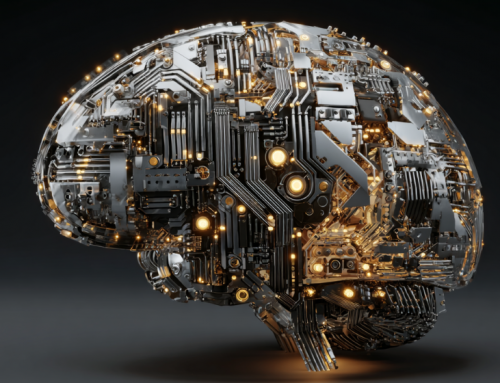
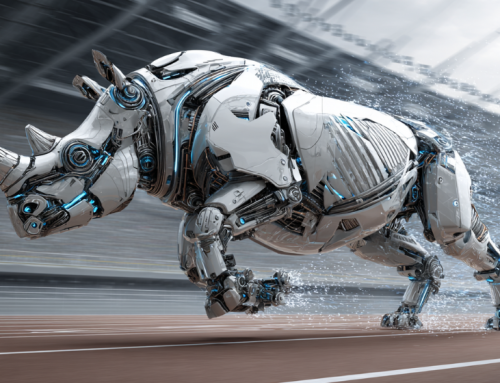


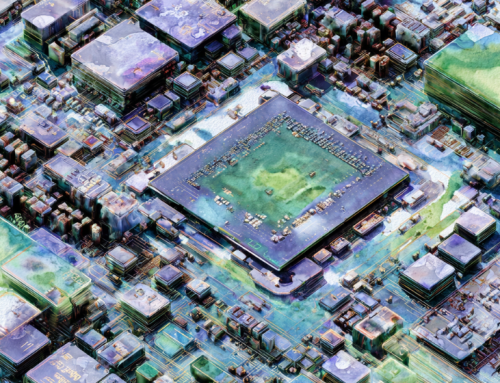

Leave A Comment